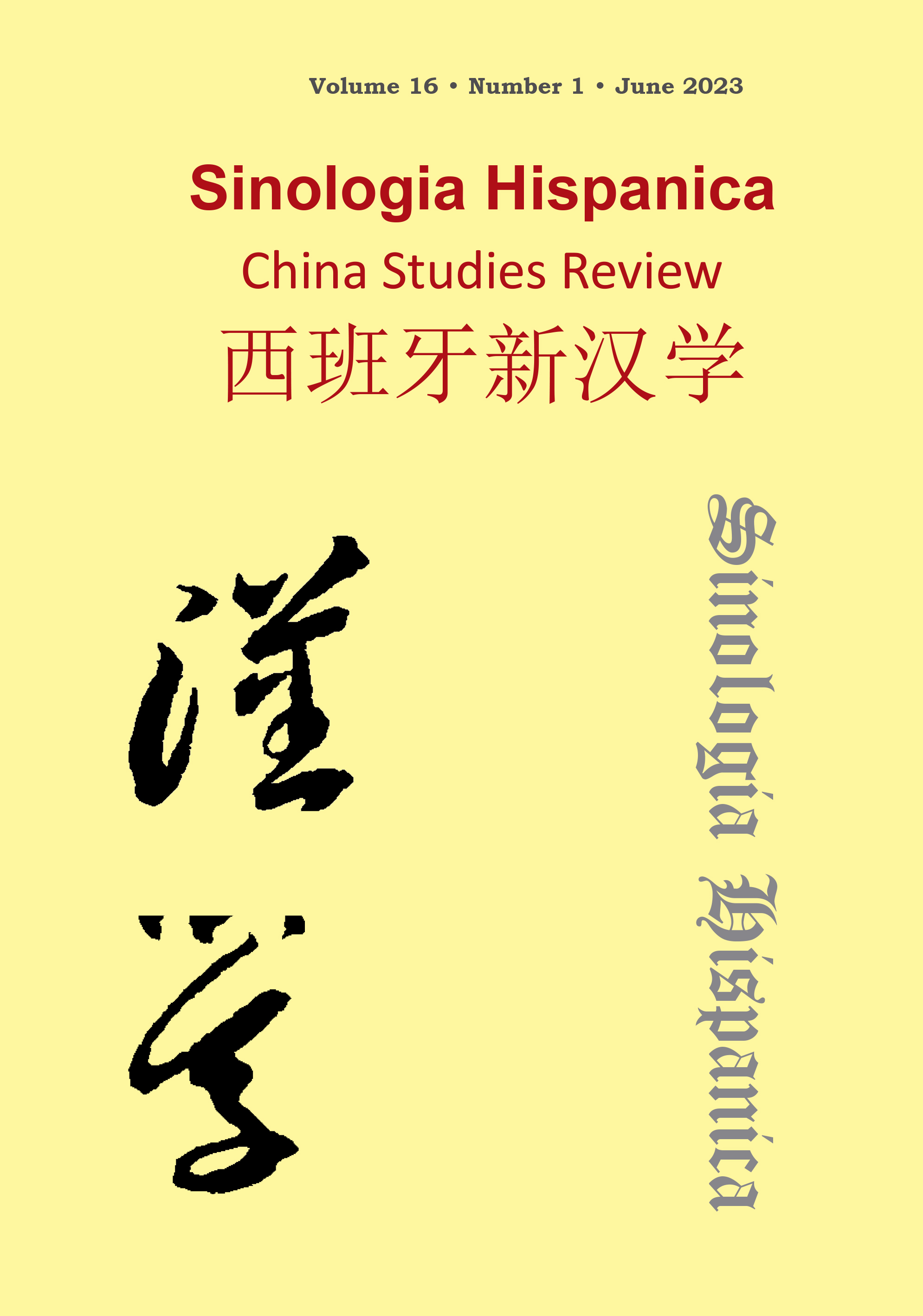Desarrollo de las Estrategias en Poder Blando de España y China en el Marco de la Diplomacia Estructural
DOI:
https://doi.org/10.18002/sin.v16i1.7671Palabras clave:
diplomacia estructural; poder blando; estrategia diplomática circular; legitimidad; gobernanza; multilateralismo.Resumen
Este artículo propone la observación de las similitudes en la aplicación del concepto de Joseph Nye en el desarrollo de las estrategias diplomáticas de España y China, estableciendo un eje temporal entre ambos países y utilizando las premisas básicas formuladas por Stephan Keukeleire en su definición de diplomacia estructural. Los paralelismos cronológicos entre ambos países nos llevan a observar logros similares en su evolución e implicación diplomática, con el fin último de configurar los principios básicos de la sociedad internacional con su vocación de influencia a largo plazo. Por tanto, se convirtieron en actores estatales que aseguran la estabilidad y el multilateralismo del sistema a partir de las transformaciones internas que se han venido realizando desde la década de 1980.
Descargas
Métricas alternativas
Descargas
Publicado
Versiones
- 2024-03-06 (3)
- 2024-02-15 (2)
Cómo citar
Número
Sección
Licencia

Esta obra está bajo una licencia internacional Creative Commons Atribución-NoComercial-CompartirIgual 4.0.
Sinologia Hispanica. China Studies Review considers all manuscripts on the strict condition that
- The authors grant on a nonexclusive basis the exploitation rights (reproduction, distribution, public communication and transformation) of the work accepted for publication to the University of León. The authors can establish, on their own, additional agreements for the non-exclusive distribution of the version of the work published in the journal (for example, placing it in an institutional repository or publishing it in a book), always acknowledging the initial publication in this journal.
- The manuscript is your own original work, and does not duplicate any other previously published work, including your own previously published work.
- The manuscript is not currently under consideration or peer review or accepted for publication or in press or published elsewhere.
- The manuscript contains nothing that is abusive, defamatory, libellous, obscene, fraudulent, or illegal.
- Please note that Sinologia Hispanica uses Turnitin software to screen manuscripts for unoriginal material. By submitting your manuscript to Sinologia Hispanica you are agreeing to any necessary originality checks your manuscript may have to undergo during the peer-review and production processes. Any author who fails to adhere to the above conditions will be rejected.
- Authors are allowed and encouraged to electronically disseminate the pre-print versions (version before being evaluated) and / or post-print (version evaluated and accepted for publication) of their works before publication, since it favors their circulation and earlier dissemination and with it a possible increase in its citation and scope among the academic community.
Sinologia Hispanica is under Creative Commons Attribution-NonCommercial-ShareAlike 4.0 International License. You can read more about this license in versión informativa and texto legal.










